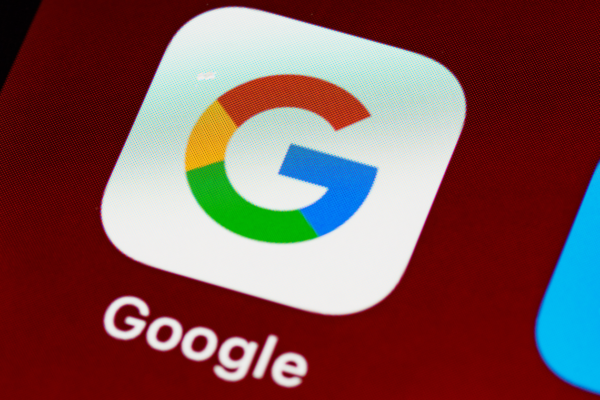Google vs Publishers: Bout moved from Australia to US ahead of new bill
According to a report by Digiday earlier this week, Google says publishers don’t want collective bargaining when it comes to agreeing content partnerships with the platform. That’s the opinion at least of Google’s VP of News, Richard Gingras, who told the publication that in his experience, publishers would rather work out deals individually. It’s a bold public stance for the company to take, as the debate surrounding publisher payments moves from Australia to the US, and Congress looks to introduce its own bill to help tackle the issue.
Ding, ding, round 2!
A couple of weeks ago, Reuters broke the news that bipartisan members of Congress are planning to introduce a bill over the coming weeks, to make it easier for smaller news organisations to negotiate with media tech giants. The news broke just a week before Australian Parliament finally passed its own much talked about bill, aimed at making both Facebook and Google pay for publisher content.
David Chavern, President and CEO of the News Media Alliance and an advocate of the bill, said: “What publishers have experienced is that platforms go to them one by one, make them sign NDAs and try to optimize per publisher without publishers being able to compare notes. Big national publishers probably have the capacity to get their own deals. If you look at smaller publishers, the only way to get some fair value is if they act together.”
Google vs Publishers vs Publishers
Chavern’s point about the differing negotiating capabilities of large vs small publishers is an important one, and highlights the growing complexities of the situation. In the US, any legislation that allowed publishers to band together to negotiate with Google, would effectively need to sideline existing antitrust law and begin with the premise that such a block would not carry anti-competition connotations.
Of course when we look at the size of a Google or a Facebook, and the unprecedented control that they have over digital distribution, it is easy to see why this legislation looks set for an update. But such change comes not only with basic economic considerations, but philosophical ones surrounding the market…
Gingras told Digiday: “My general sense of publishers, frankly, is that they prefer bilateral. It’s a matter of law. It’s not really a matter of our preference.” Meanwhile it’s been well documented that News Corp (amongst others) has already gone out and cut its own deal with Google, helping the company to achieve ‘substantial payments’ for its content. And while all of this is going on, Google (and Facebook) still believe that they are providing a valuable service to the traditional press, in spreading its content far and wide.
Ultimately beneath the mess, we are witnessing control of the distribution of content shift before our very eyes, from traditional media outlets to modern tech platforms. Once you start to play with the very antitrust arguments that were at one time used in anti-competition legislation against you, it’s apparent that the paradigm has shifted.
The Emperor’s News Showcase
Returning to more pragmatic matters, and it’s important never to underestimate the power of a bit of self-regulation! Since 2015 and the launch of its News Lab, Google has in some form or another been attempting to demonstrate its allegiance to the traditional publishing industry. That’s why in Australia in recent weeks, we’ve seen Facebook turn off the taps, while Google has instead opted to warm the blankets for Rupert Murdoch.
The latest incarnation of this is in Google’s News Showcase, which launched in late 2020. Amongst the benefits on offer is the incentive that Google will actively pay publishers – on behalf of users – to access paywalled content. But while Showcase is already present in a number of countries including Australia, the UK, Germany and beyond, it is yet to be rolled-out in the US. The company says it would not consider doing so “with just two or three publishers.”
And therein lies another issue for many players operating within the news media space. Do you stand strong and give Google the stick alongside your peers, or break ranks and take the carrot? Or let’s look at it another way: do you accept that Google is now the dominant force – and the centralised hub – within news distribution, and opt-in to its new Showcase network? Or do you form an even stronger network with those around that you had previously thought of as competitors, and take your chances on that side?
Independently of the legislative, there’s a lot more soul searching going on beneath the search results of this one, than initially meets the eye.
Get stories like these directly in your inbox every week
Click here to subscribe to our (free) FIPP World Newsletter









